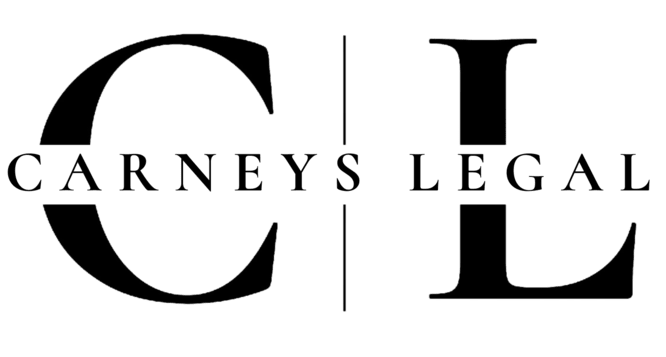Proper drafting and reviewing of commercial leases have always been of high importance when entering into an agreement with a landlord or tenant. The relevance of a commercial lease lawyer appears to have increased further in these kinds of dealings with the introduction of the Covid-19 pandemic special provisions which commenced on 24 April 2020 and its subsequent amendments. Commercial lease disputes arise over numerous different components of leases and the impact of legislation upon these disputes adds another layer of complexity to their resolution.
The recent supreme court case of Todarello Property Investments Pty Ltd v GJA Kalra Pty Ltd [2021] NSWSC 1678 involving a dispute over a commercial lease contained legal issues including: –
Whether the option to renew was validly exercised or not.
Whether the plaintiff validly terminated the lease or not.
Whether the party leasing the premises was entitled to relief against forfeiture or not.
EXERCISE OF OPTION TO RENEW
This issue hung on a divergence in interpretation of a clause in the lease. His Honour Justice Darke resolved this discrepancy with reference to a precedent which established that where breaches of a lease preclude a tenant from renewing a lease, breaches continuing unrectified beyond the points in time referenced in the lease is not a separate ground for refusal of a renewal. Only breaches occurring up to the expiry of the lease could preclude the lessee from exercising the option. The only alternative available to the landlord was to provide a breach notice to the tenant in the prescribed time period under the lease which it failed to do.
His Honour found that on these grounds the landlord could not prevent the tenant from exercising their option to renew which they did so validly.
Termination of the Lease
Notices of termination resulting from a breach are required by legislation to be provided within a reasonable period of time pursuant to section 129 of the Conveyancing Act 1919 (NSW). In their notice, the landlord alleged there were failures to pay rent by the tenant and that this amount remained outstanding at the date of the notice of termination and had in fact increased by $13,000.00. Under the lease, such a breach entitled the landlord to re-enter the premises and terminate the lease. However, Retail and Other Commercial Leases (COVID-19) Regulation 2020 (NSW) were required to be considered because the lease was classified as an impacted lease under the Regulations. Consequently, during the prescribed period the legislation mandated against taken enforcement action against the tenant.
His Honour held that the Regulations nullified the termination of the landlord.
His Honour acknowledged that the lease may have been validly terminated in other ways but in this case had not relied upon any evidence of any other purported termination.
Entitlement to Relief Against Forfeiture
His Honour found that because of his finding on the termination of the lease that it was not necessary to consider this issue, although he did proceed to give his opinion upon it were he to have found differently.
Todarello brings into sharp relief how for landlords a commercial lease lawyer can assist landlords and tenants in navigating complex lease documentation and legislation to know their position in relation to their agreements.
Contact Carneys lawyers today for advice from a commercial lease lawyer with accredited specialisation in property law.

